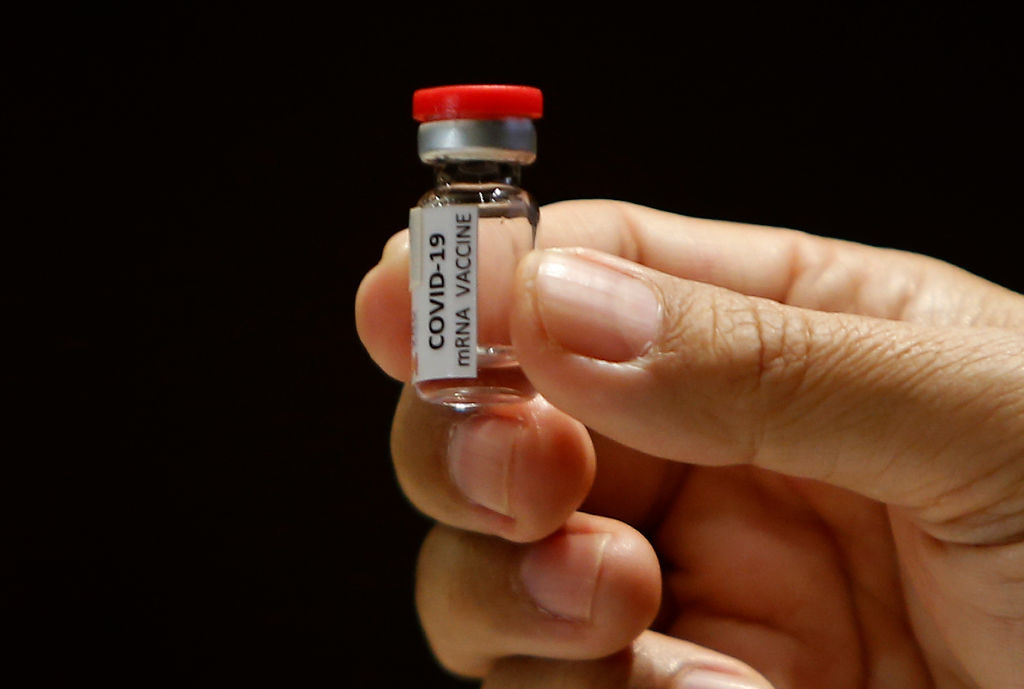A recent study on Pfizer’s COVID-19 mRNA vaccine has raised concerns about potential immune deficiencies acquired from the vaccine. The term Vaccine-acquired immune deficiency syndrome (VAIDS), though not yet recognized as a medical condition, is being used by some experts to describe impairment or suppression of immune responses following COVID-19 vaccination.
WATCH: Fauci Is SMOKED on Masks & Has Zero Comeback, Plus Google Asked if Men Can Menstruate
The study in question, published in Frontiers in Immunology, observed “a general decrease in cytokine and chemokine responses” to bacteria, fungi, and non-COVID viruses in children after receiving the COVID-19 vaccine. The researchers stated, “Our findings suggest SARS-CoV-2 mRNA vaccination could alter the immune response to other pathogens, which cause both vaccine-preventable and non-vaccine-preventable diseases.”
READ: Florida Surgeon General Warns of Major ‘Red Flags’ with New COVID-19 Booster
This concern is particularly relevant for children who are frequently exposed to microbes through daycare, school, and social occasions and who often encounter these microbes for the first time. Additionally, children receive multiple vaccines as part of their routine childhood vaccination schedules.
WATCH: Leftists OCCUPY Speaker McCarthy’s Office, Plus Gavin Newsom GRILLED About COVID Lockdowns
These findings were based on blood samples taken from 29 children, both before and after two doses of the Pfizer mRNA vaccine. The post-vaccination samples exhibited a lower cytokine response to non-COVID pathogens compared with the pre-vaccination samples, with this reduced immune response persisting particularly for non-COVID viruses.
READ: Biden Implies New COVID-19 Vaccine Mandate Coming This Fall
However, some experts have challenged these findings. Marc Veldhoen, an immunologist specializing in T-cell responses, pointed out flaws in the study, including the lack of a non-vaccinated control group for comparison.
Despite the controversy, this study is one among many that have suggested a potential decline in immune response following COVID-19 vaccination. For instance, a preprint study of adults who received the Pfizer mRNA vaccines found similar indications of a reduced innate immune response when participants were exposed to pathogenic fungi.
Research from the Cleveland Clinic and the Indiana University School of Medicine also found that people vaccinated against COVID-19 were at a higher risk of infection than unvaccinated individuals who had previously survived a COVID-19 infection.













